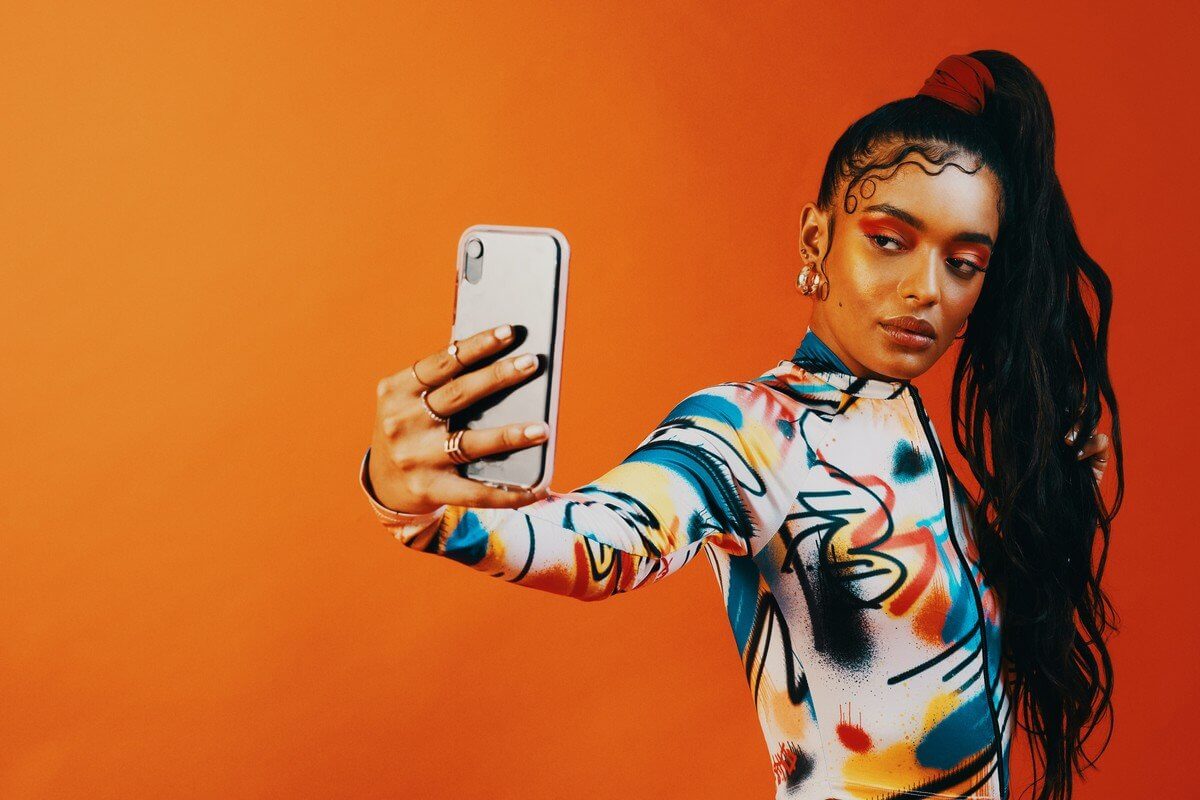Balancing parts of your identity for it to be more palatable to an individual's ignorance is exhausting.
I never saw myself as fragmented pieces joined together until I started hearing the same questions over and over: ‘Are your parents muslim?’, ‘Do you wear that for fashion?’, or even ‘Why do you dress like that?’. These micro-aggressions presented as innocent questions are what provoked the questions within myself, maybe it's not normal to be black and muslim?
The presence of Islam in Africa can be traced back to the 7th century. The Sahaba, companions of Prophet Muhhamad (pbuh) traveled though Kano and Borno state (Nigeria) on their trade travels, so basically we’ve been muslim. The idea that to be black and muslim is some sort of paradox is simply impossible.
Growing up in a predominantly white area I was only aware of my blackness being what othered me. I found a sense of belonging when I grew older and was finally surrounded by people that looked like me. That was short lived as I quickly found out that I didn't fully fit in. Being muslim only granted me limited entry to the black familiarity I had been searching for my whole life. Aisha, 31, described her experience as a Black Muslimah who grew up in the UK: "People get confused that I can be black and Muslim, so I tend to have to explain to people… when they see an Arab woman in a headscarf or an Asian woman they expect it but then when they see the same on a black girl they seem confused."
Over time it occurred to me that subconsciously I would tie my scarf in a turban to exude ambiguity therefore leaning into my blackness when I knew I would be in settings with people that would relentlessly question my choices on how I dressed and ultimately chose to live. Is it a turban, or a hijab? The everlasting dance between culture and religion.
With regards to culture Farida, 29, had the following to say: "I've lived in Dubai, the US, Nigeria and the UK and I feel it's somewhat easier in Nigeria but its so infused with culture that usually doesn't always favour women so wherever you go has its struggles. But one thing I don't have to think twice about when I’m in Nigeria is if i’m too black to be muslim. Outside of Nigeria we have to almost perform for acceptance, we are rarely given the chance to just exist". The issue is not fully external, sadly the ignorance also comes from those that are only exposed to an Arabized Islamic perspective. The kind in which the Arab aesthetic is dominant, in turn being what most people outside of Islam see and believe is the only visual of Islam.
All black woman reading this, muslim or not, already know the challenges we often face with regards to representation and the impact that it has on our lives. You try to connect elements of religion and imagine how draining it is to explain something that just is. Farida felt every time she visited Saudi Arabia she came back feeling "too black to be muslim". She recalls a time where she was refused entry into a Mosque during her pilgrimage due to the colour of her skin and sadly this isn't the first of this kind of story I've ever heard.

"Growing up as an African-American you don’t really learn about your history in school... When I first converted I felt accepted because I connected to black women, I took my Shahaddah around a circle of black women. A year after I reverted I thought I needed to change who I was, but I slowly realize that me becoming muslim was to be a better version of myself".
Speaker, model, teacher and creative coach Boshia Raejean dedicates her work to educate humans on the importance of the foundation of our humanity, through the Black Sci-Fi experience, Afrofuturism. The experience she describes is very in line with what I see and hear a lot of black muslimahs go through with the idea of having to leave a side of you behind in order to embrace Islam. Her work has helped our community greatly. Having spaces that not only understand but also celebrates us is needed in every community.
The platform The black Muslim girl is another much needed space created by Khadijah B, with the goal to let black muslim girls know "its okay to take up space". Khadijah went on to explain: "There wasn’t anything out there for black Muslim women. It stemmed from feeling like an outcast within both spaces... Growing up, representation of black Muslim women wasn’t a thing at all. TBMG is for the little black Muslim girls all around the world and it’s for the black Muslim women that need a space to call home."
All this lead me to a deeper question: is the misrepresentation in mainstream media of black muslims down to a lack of understanding of our own selves or is it just another avenue of oppression we experience as people who look different?
One thing I'm sure of is that my identity can not be diluted by other parts of my intersectionality. There is no weighing scale that says the more religious I am the less I can claim my ‘blackness’ and vice versa. Each element of me only enriches my being. They could never fracture who I'm becoming. Something that is defined by me does not require me to claim it. I live my black experience every single day as a Black muslimah woman and whether it's my sisters in Islam or my fellow black sisters we are whole in every part of us. So with regards to the title of this article, I’m hanging on to both.
Written by Zainab Hassan





